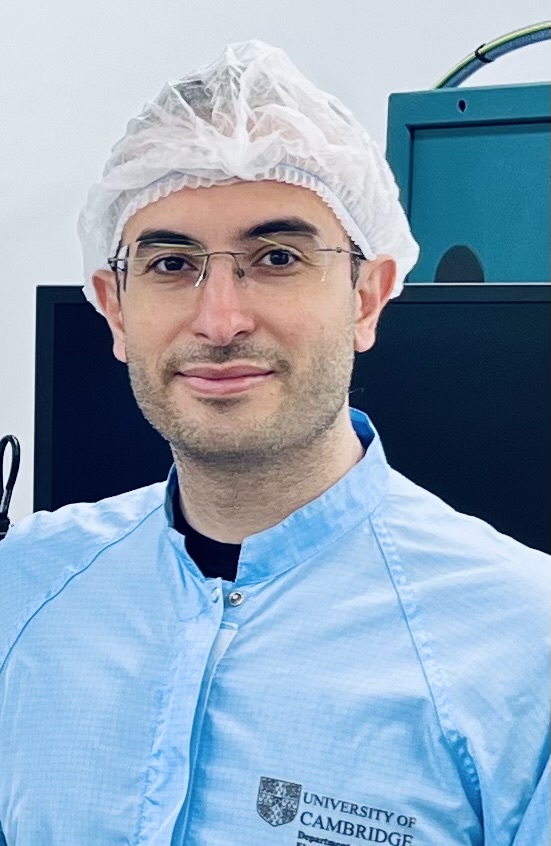
Babak Bakhit
JSPS Postdoctoral fellow, Institute of Science Tokyo, Japan
What is the aim of participating in this program?
The aim is to expand my expertise in energy-efficient nanoelectronic devices through collaboration with leading scientists in Japan. Beyond scientific goals, I also hope to build long-lasting academic partnerships and gain deeper cultural insights, which can enrich my perspective as a researcher.
What kind of research do you conduct in Japan?
Despite the rapid progress in machine learning and AI technologies, developing energy-efficient hardware to support large-scale data storage and processing remains a major challenge. My current research concentrates on addressing this bottleneck by engineering the nanostructure of functional thin films using metal-ion-assisted magnetron sputtering. I aim to advance the development of next-generation non-volatile memory and neuromorphic devices, which could dramatically reduce power consumption in future computing systems.
Why did you choose to conduct your research under a host at an institution in Japan?
I chose to conduct my research at Institute of Science Tokyo because of its global reputation for excellence in cutting-edge research, particularly in the field of nanoscale ferroelectric and iontronic devices. The institute is home to leading experts in my area of research, and their laboratories are equipped with facilities that are essential for advancing my experimental work. Collaborating in such a specialised environment can provide an ideal setting to push the boundaries of my research.
What is your impression of the research environment in Japan?
Similar to notable cultural differences, the research environment in Japan is distinct from that of the West, mainly in its emphasis on discipline and precision. To me, what makes Japanese academia unique is its typical commitment to conducting fundamental, methodical research.
What are the good points of participating in this program? If there is any gap between your expectations, please share it with us.
One of the most valuable aspects of participating in the JSPS program is the opportunity to work in a specialised research environment alongside leading experts in the field. The program also encourages international collaboration, which allows researchers to expand their academic network and exchange ideas with researchers from diverse backgrounds. In addition, the cultural experience of living in Japan can indeed broaden your perspective, both personally and professionally.
Do you have any advice for researchers who are interested in going to Japan?
I would encourage researchers who are interested in Japan to take the opportunity. Japan offers a different research environment that combines technical excellence with a strong culture.
(August, 2025)
・Marie Sklodowska Curie Postdoctoral Fellow, Technical University of Denmark(DTU), Denmark
・Japan Society for the Promotion of Science(JSPS) Postdoctoral Fellowship(Standard program), Institute of Science Tokyo, Japan
・“Honouring Professor Joe Greene’s Legacy” Postdoctoral Fellow, University of Illinois at Urbana-Champaign, US
・Swedish Research Council’s Postdoctoral Fellow, Departments of Engineering and Materials Science, University of Cambridge, UK
・PhD in Thin Films Physics, Physics Department, Linköping University, Sweden
・Research assistant, Technological University Dublin(TU Dublin), Dublin, Ireland
